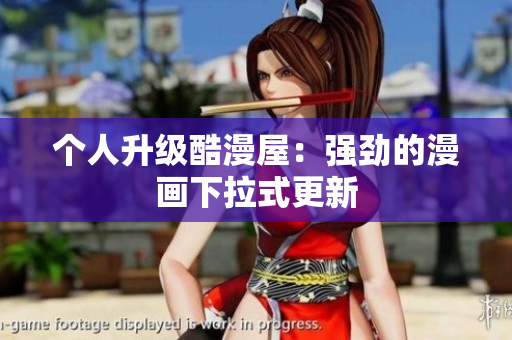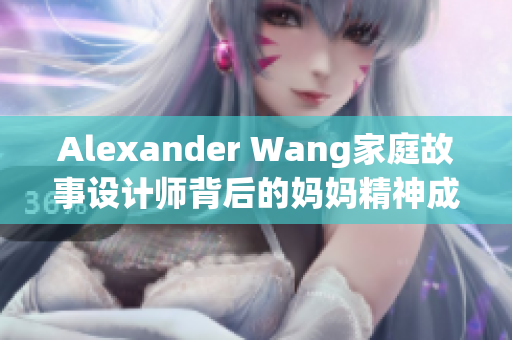Introduction
Western civilization has produced some of the greatest works of human art and culture. From the magnificent painting of the Mona Lisa to the stunning architecture of the Eiffel Tower, these works of art capture the imagination of people around the world. However, as technology continues to advance, we are now on the cusp of a new era: The Era of 5G. In mainland China, the 5G network is already in full swing, with lightning-fast internet speeds transforming the way people access information and communicate. But while this exciting development opens up new possibilities, it also poses challenges for educators, parents, and young people alike.
The 5G Challenge for Educators
For educators, the 5G era presents a unique set of challenges. The speed and immediacy of the 5G network means that students are more connected than ever before, and can easily become distracted by their devices. This can lead to difficulties with classroom management, and educators must work harder than ever to keep students engaged and focused. Moreover, the unprecedented access to information that the 5G network provides means that educators must find new ways to help students navigate and evaluate sources of information, so that they can learn how to distinguish between reliable and unreliable information online.
When Class Becomes a Business
One particularly worrying trend that has emerged in recent years is the commercialization of education. In some cases, this has led to a situation where education is no longer seen as a public good, but rather as a business opportunity. This trend has been exacerbated by the rise of online gaming and mobile applications, which provide students with a way of using their devices to earn money. For some, the temptation of being able to earn money by playing games is too great to resist, and they end up focusing more on their gaming activities than on their studies.
The Importance of Psychological Well-being
Another challenge for educators, parents, and young people is the need to maintain good psychological health in the 5G era. While the internet has brought immense benefits to society, it has also brought about a new set of psychological challenges. One such challenge is the issue of cyberbullying, which has become a growing problem for young people. Parents and educators must work together to help students learn how to use technology responsibly, and to be aware of the risks associated with online activities.
A Call to Action
Despite the challenges posed by the 5G era, there are many reasons to be optimistic about the future. The unprecedented access to information and communication that the 5G network provides opens up new possibilities for education, research, and innovation. However, these opportunities will only be realized if we take action to address the challenges that the 5G era presents. Educators, parents, and young people must work together to find new and innovative ways to ensure that the benefits of the 5G network are harnessed, while minimizing the risks associated with this new era of connectivity.
The Importance of Southeast Asian Early Childhood Education
Southeast Asian early childhood education is a field that is fraught with challenges and complexities. There are a number of reasons why the region faces a shortage of qualified early childhood educators, including a lack of funding and resources, as well as cultural biases against the importance of early childhood education. However, despite these challenges, there is tremendous potential for growth in this field, and many dedicated educators and policymakers are working hard to improve the quality of early childhood education in the region.
Conclusion
The 5G era and the challenges that it poses are not insurmountable. With the right mindset and approach, we can harness the power of this new technology to drive positive change and growth in our communities and our schools. In the same way, we can work together to address the challenges of Southeast Asian early childhood education, and ensure that every child has access to a high-quality education. By collaborating across borders and disciplines, we can build a brighter future for all of us, and for the generations that will come after us.









